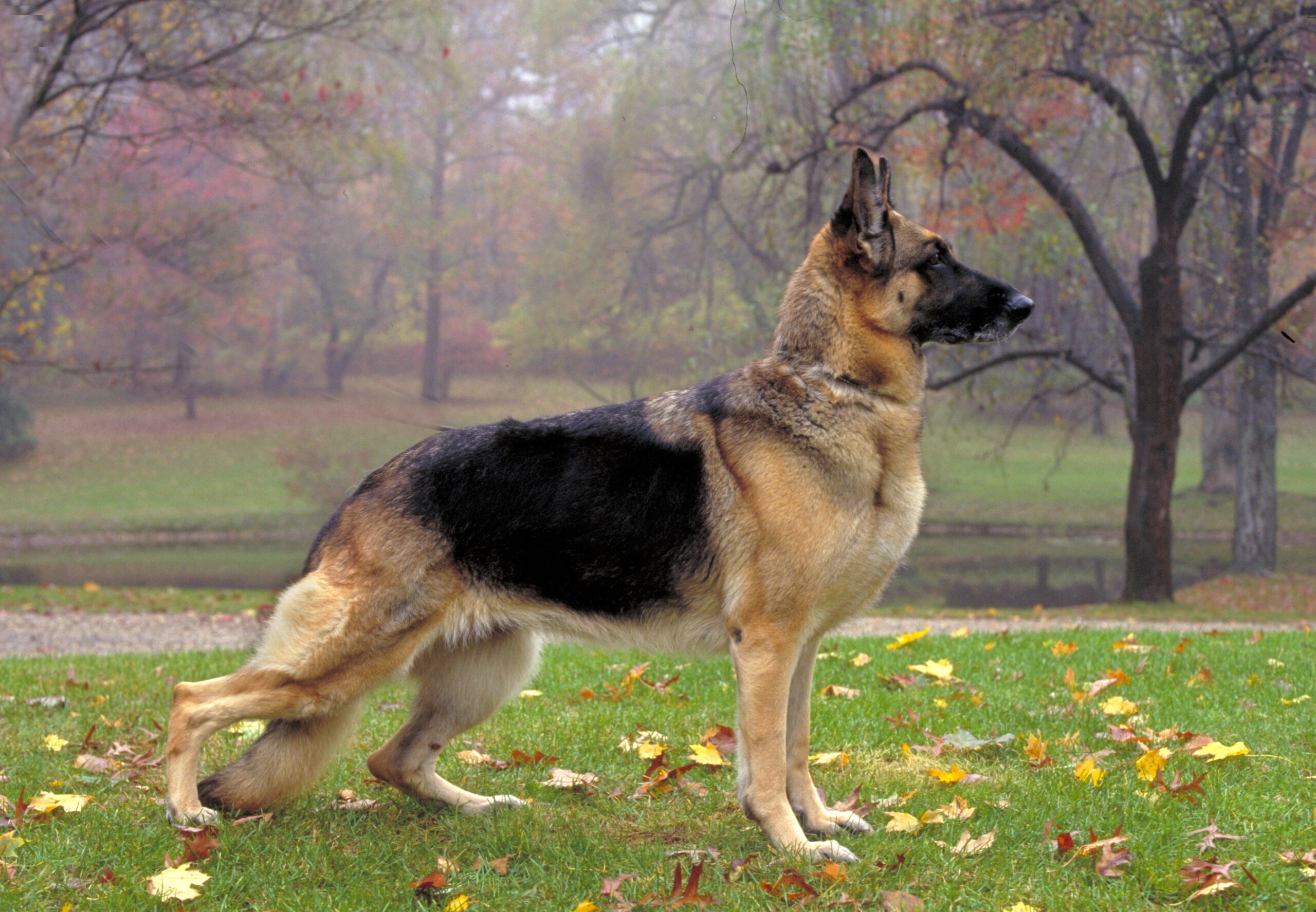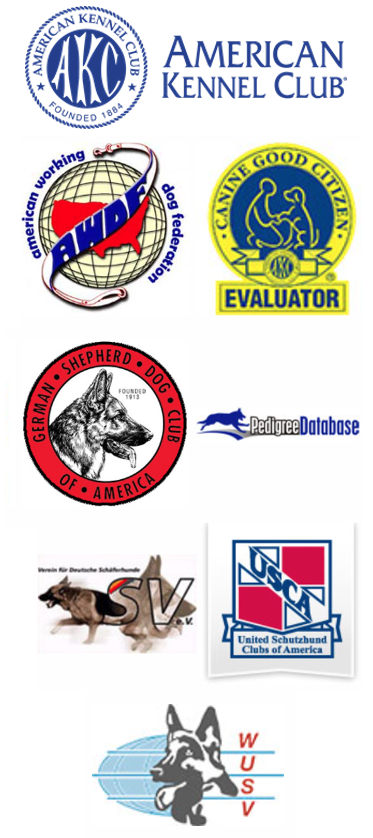German Shepherds, Popular and Beloved in America
Understanding Baby German Shepherds: An In-Depth Guide
Before diving into the frequently asked questions, let’s take a moment to understand the breed. German Shepherds are known for their striking appearance, intelligence, and strong work ethic. They are often used as police and service dogs, thanks to their keen sense of smell, agility, and exceptional trainability. As baby German Shepherds grow into adults, they develop a deep sense of loyalty and make excellent companions for individuals and families alike.
Whether you are bringing home a baby German Shepherd for the first time or have prior experience with the breed, knowing what to expect and how to care for them is crucial for their well-being and your own satisfaction as a pet owner. From knowing their unique needs to providing proper training and socialization, there are several key factors to consider when welcoming a baby German Shepherd into your home.
Frequently Asked Questions about Baby German Shepherds
1. What should I consider before bringing home a baby German Shepherd?
Before bringing home a baby German Shepherd, it’s important to consider your living situation, lifestyle, and commitment to providing proper care and training for the dog. German Shepherds require regular exercise, mental stimulation, and social interaction to thrive. Additionally, they are highly intelligent and responsive to training, so investing time and effort into their development is essential.
When considering a baby German Shepherd, assess whether you have the time, resources, and dedication to meet their needs. It’s also crucial to create a safe and stimulating environment for the puppy to grow and learn. Proper socialization with people and other animals from an early age is vital for their overall well-being and behavior as adults.
2. What are the key health considerations for baby German Shepherds?
Like all dog breeds, German Shepherds are susceptible to certain health issues, some of which may be more common during their puppyhood. It’s important to schedule regular veterinary check-ups, vaccinations, and preventive care to ensure your baby German Shepherd grows up healthy and strong. Common health concerns for the breed include hip dysplasia, degenerative myelopathy, and certain skin conditions.
Proper nutrition and exercise play a significant role in maintaining a German Shepherd’s health. A balanced diet, appropriate for their age and breed, along with regular physical activity, can help manage weight, promote muscle development, and support overall vitality. As with any dog, early detection and prompt treatment of health issues are essential for a baby German Shepherd’s long-term well-being.
3. How should I train and socialize my baby German Shepherd?
Training and socialization are crucial aspects of raising a well-behaved and well-adjusted German Shepherd. They are highly intelligent and eager to please, making them responsive to positive reinforcement training methods. Consistency, patience, and clear communication are key when teaching commands, house manners, and proper behavior.
Early socialization with a variety of people, animals, and environments is essential for a baby German Shepherd’s development. Exposure to different stimuli helps them become confident, adaptable, and less prone to anxiety or behavioral issues later in life. Engaging in obedience training, agility exercises, and interactive play can provide mental stimulation and strengthen the bond between you and your puppy.
4. What are the best practices for grooming and caring for my baby German Shepherd’s coat?
German Shepherds have a double coat that requires regular grooming to keep it healthy and free from mats and tangles. Brushing their coat a few times a week can help reduce shedding and maintain their natural oils. During shedding seasons, more frequent brushing may be necessary to manage loose fur and prevent it from accumulating around your home.
Bathing should be done as needed, using a mild dog shampoo to avoid stripping the coat of its natural oils. Additionally, paying attention to their ears, teeth, and nails is important for overall hygiene and comfort. Regular ear cleaning, teeth brushing, and nail trimming are essential components of a baby German Shepherd’s grooming routine.
Closing considerations
Bringing a baby German Shepherd into your home is a significant commitment that comes with immense rewards. From their loyalty and protective instincts to their intelligence and companionship, German Shepherds make wonderful additions to the family. nderstanding their needs, providing proper care, and investing in their training and socialization, you can set the stage for a fulfilling and lifelong bond with your furry friend.
As you embark on this journey, consider reaching out to Metro K9 Academy, a reputable and experienced K9 training facility in the United States, to access top-quality services and resources for your baby German Shepherd. Whether you seek guidance in obedience training, agility exercises, or overall development, their expertise and dedication to the well-being of K9 companions can support you in providing the best possible care for your furry family member.


